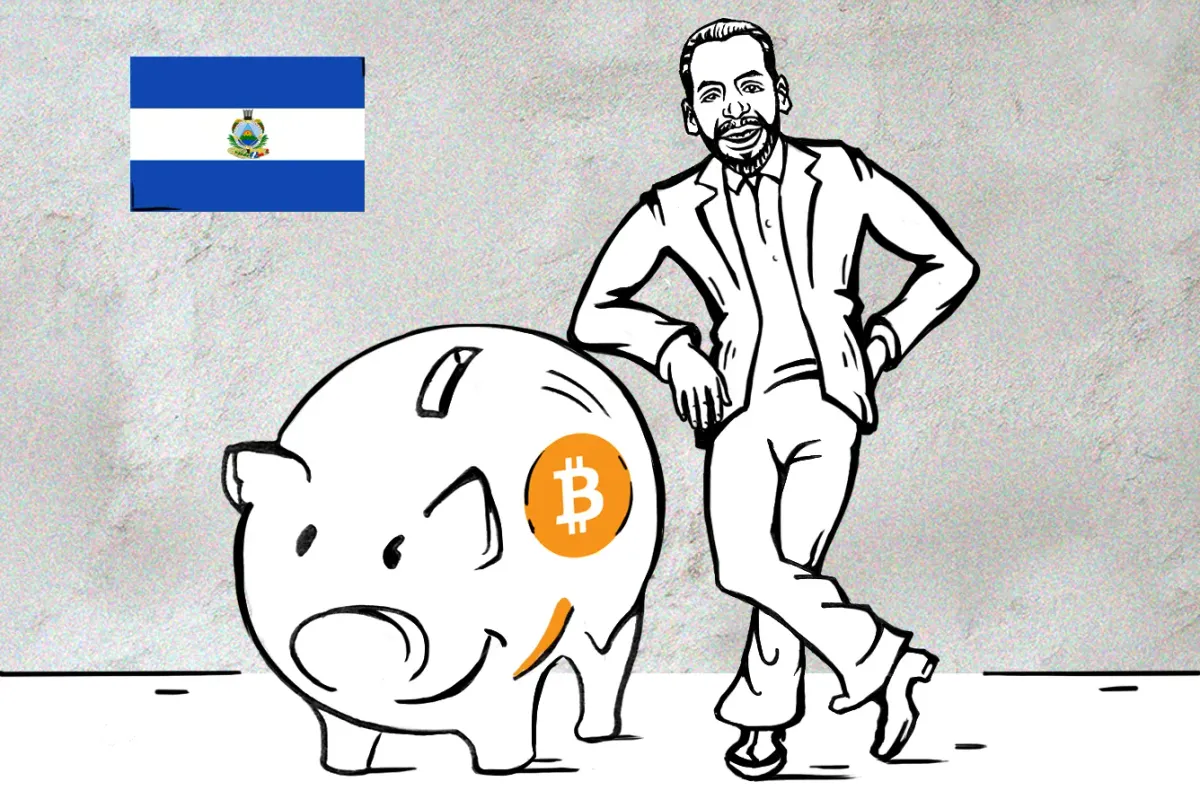
The Nayib Bukele Portfolio Tracker website shows that with BTC hitting new heights, the country’s crypto treasury is $70 million in profit as of March 18. After a recent update on March 15, the holdings almost doubled reaching 5,692 BTC due to a “rebalance with the piggy bank.” An announcement on the website says “a rebalance mechanism with the recently published piggy bank address” was added, and “it assumes that all buys in the past (including the daily buy) are in there."
Last week, President Nayib Bukele tweeted that the country decided to transfer a big part of its Bitcoin reserves to a cold wallet and “store that cold wallet in a physical vault within our national territory.”
“You can call it our first Bitcoin piggy bank. It's not much, but it's honest work,” - he posted.
The tracker shows direct purchases and doesn’t reflect Bitcoin incomes from other governmental initiatives. According to Bukele’s social media, the actual holdings are bigger than the website claimed. The true holdings, he suggested, include revenues from the country’s passport program, converting BTC to USD for local businesses, and BTC mining. We can assume that Bukele was referring to those initiatives when he called it “honest work.” If this is the case, incomes from these initiatives may also be a part of the “piggy bank” alongside the incomes from “1 bitcoin a day program,” which was launched back in 2022 and is still ongoing.
This continues until #Bitcoin becomes unaffordable with fiat currencies. https://t.co/nzeynjXcFk
— Nayib Bukele (@nayibbukele) March 16, 2024
Some critics noted this story contains inaccuracies. First of all, it's claimed the purchase declarations do not match transfers (according to our calculations the final numbers look real, although the math itself is quite confusing). Secondly, blockchain data shows the majority of El Salvador's Bitcoin holdings are routed through the Hong Kong-based crypto exchange Bitfinex. This contradicts El Salvador's previous announcements about contracting the Mexican Bitso crypto exchange as its official custodian. This discrepancy raised doubts, with some critics suggesting Bitfinex helped President Bukele to falsify the real balance.
Literally, what they have done is what Tether does with its [financial] statements: They move borrowed money to an account, take out the report, and say "Look, there is money." Only with Bitcoin instead of dollars.” - claimed a longtime critic of Bukele and its government.
Still, the majority supports Bukele’s strategy, according to social media. Reports show that El Salvador’s wallet continues to receive BTC donations. Even with the lesser balance, the current BTC rally brought El Salvador’s crypto treasury to around $85 million in profit. The cooperation with Bitfinex could be explained by the country's Volcano Bonds issued on Bitfinex Securities, which announced the official launch of its operations in El Salvador this February.
In addition to its existing initiatives for attracting foreign investment, the country also changed its tax system lowering the tax on unlimited international investments and money transfers from 30% to 0%.
We will continue to Observe how Bukele deals with the huge assets received from the Bitcoin rally and hope his critics' accusations are proven wrong.

